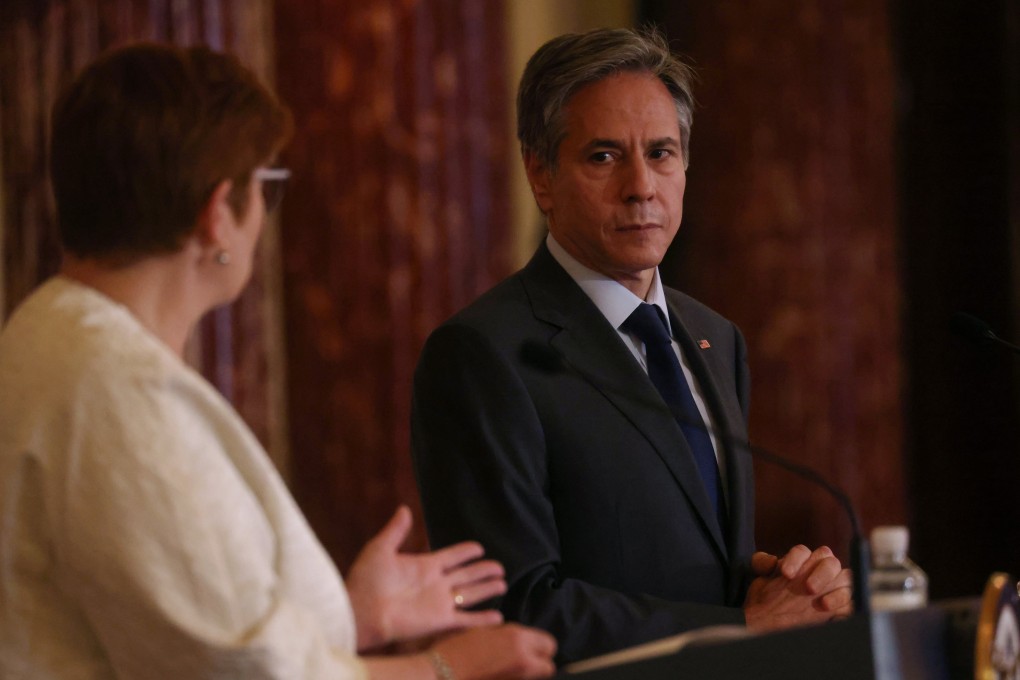Opinion | No evidence the US has Australia’s back in its dispute with China, despite all the rhetoric
- Washington has encouraged Canberra not to back away from its increasingly adversarial stance towards Beijing
- Yet, nearly 200 days into the Biden administration, there’s still no concrete evidence that US support extends beyond rhetoric

Knowing the acute Australian desire for reassurance, American officials and diplomats are only too happy to oblige, while also encouraging Canberra not to back away from the increasingly adversarial stance it has taken towards Beijing.
In March, Mike Goldman, the US chargé d’affaires – Canberra has been without an American ambassador for 36 of the last 58 months – cheered Australia on: “I’d just say keep on doing what you’re doing but with confidence that the United States and other like-minded democracies see an interest in having Australia succeed.”
In May, US Secretary of State Antony Blinken even borrowed a cricketing metaphor, insisting that Australia would not be left “alone on the pitch”.
Yet nearly 200 days into the Biden administration, there’s still no evidence that US support extends beyond rhetoric.
This isn’t to deflect attention away from behaviour by Beijing that is poisonous to constructive bilateral relations. But Australian state governments, the business community and general public deserve to know who is bearing the costs.
